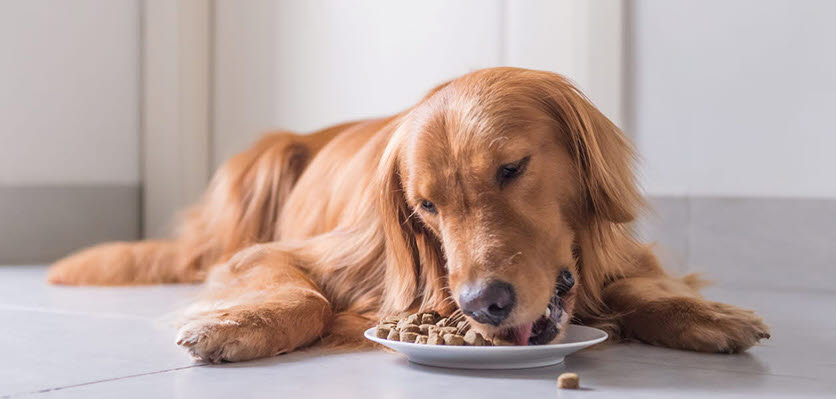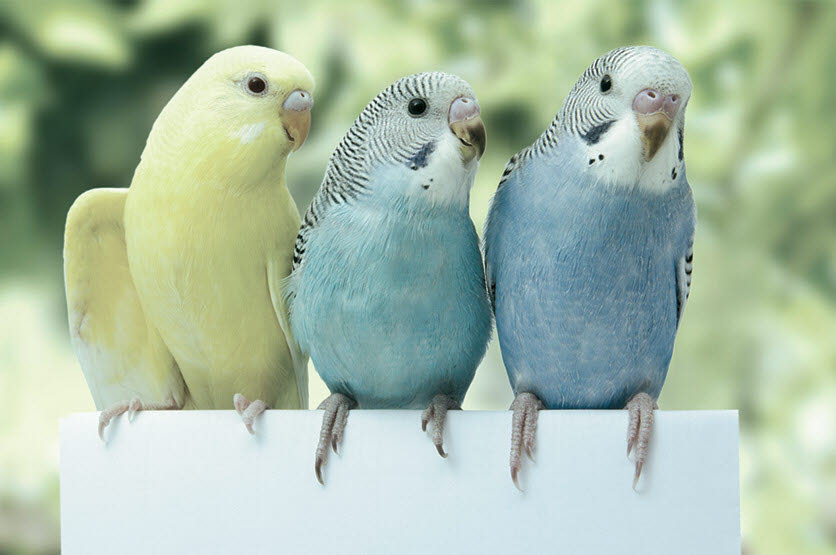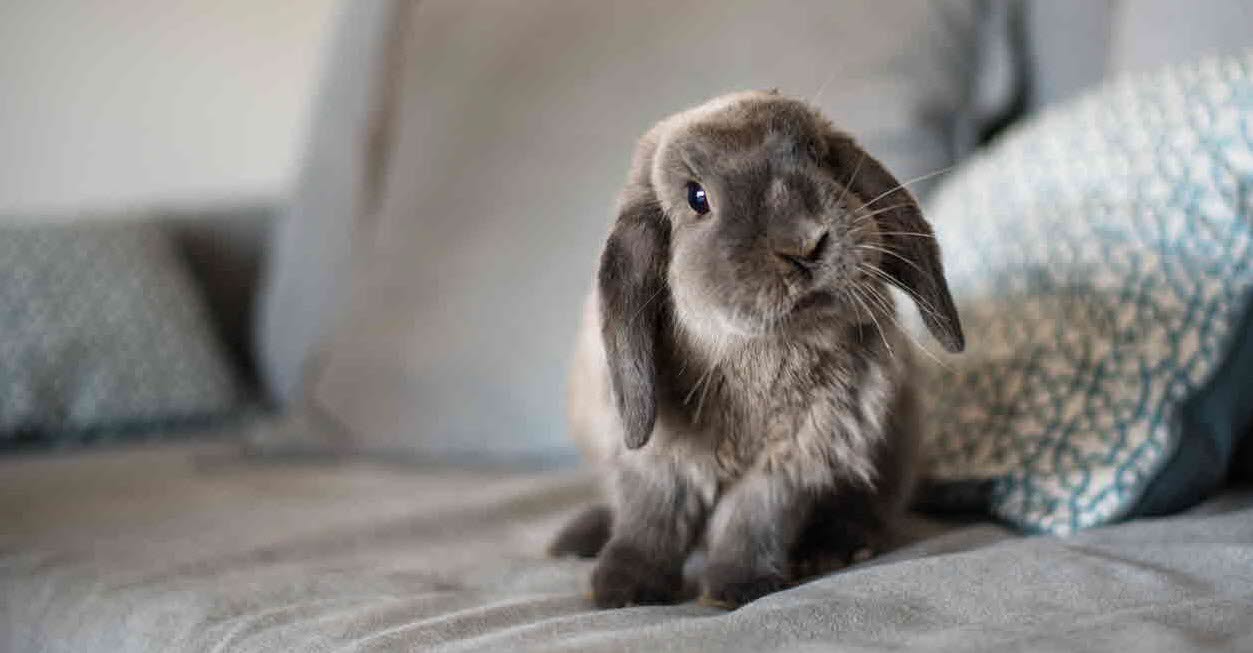Animal health
Staying healthy is very important. It is the same for our pets. A healthy pet is a happy pet.
A good, balanced diet and plenty of exercise is essential to your pets well being.
Like humans, animals can contract diseases and illnesses. Most diseases, however, can be prevented with proper care and precautions.
Zoonotic diseases
Zoonosis is the name given to an infectious disease transmitted from an animal (domestic or wild) to humans.
Many of the diseases that fall under this category can be prevented with proper hygiene and care.
Some of these diseases include:
- Roundworm-serious but rare
- Heartworm-very rare
- Hydatid Tapeworm-very serious
- Ringworm-not serious
- Toxoplasmosis-serious
- Hendra virus-very serious
- Psittacosis-serious but rare
- Cysts-can be serious
Nutrition
Pets need a diet that incorporates fats, proteins, and carbohydrates, along with the essential vitamins and minerals.
Water is critical for life and health. Animals can die within a few days if they don’t have enough water.
Different animals also have different digestive systems and thus have different needs.
Carnivores like cats need a high protein and fat diet.
Omnivores like dogs need a mixture of proteins and carbohydrates.
Herbivores like horses need a high carbohydrate diet. Your vet can advise on the proper diet for your pet.
If you find your pet doesn’t eat for more than one or two days, contact your vet
Every pet is different
Although every pet has certain basic needs, different types of animals have specific requirements in order to remain safe and healthy.
Birds
- The correct cage makes your bird feel safe.
- Make sure your bird has food and water and is eating and drinking.
- Use clean seed and clean water
- Give your bird plenty of sleep time. They need around 9 hours a day
- Get a health check from an avian veterinarian within three days of purchase.
- Call your veterinarian if it becomes fluffed up, lethargic or is not eating.
- Always keep the cage clean.
Pet horses
- Regular grooming means you can check for injuries, cuts or bites
- Good grooming means good blood circulation
- Horses need water, protein, vitamins, minerals and high energy food
- Check and clean hooves daily
- Freedom of movement to stand, stretch and lie down.
- Regular exercise
- Social contact with other horses and people
- The shelter that provides adequate protection
- Regular inspection to assess the need for attention to feet, teeth and worm control.
- Rapid recognition and treatment of lice, injury, and disease.
Rabbits
- A well-sized hutch to provide shelter and protection from predators
- Your rabbit should be vaccinated against disease
- Access to clean water at all times
- Provide plenty of fresh greens
- Ensure front teeth don’t overgrow by providing a gnawing block
- Groom regularly
- Plenty of exercise and room to run around
- Provide chewable toys, as they love to chew
- Always treat gently



